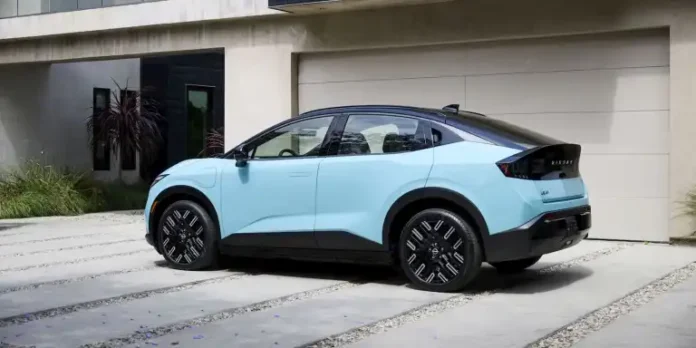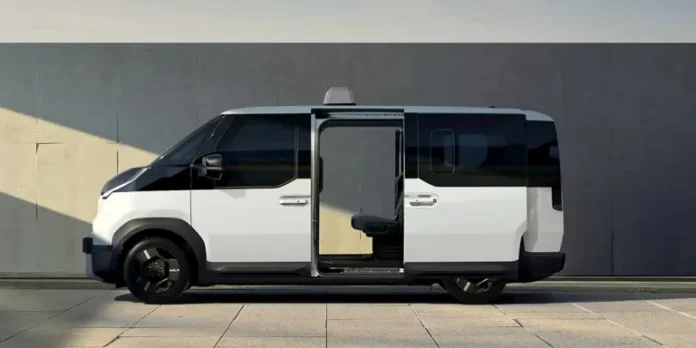Ford’s Tough Decisions
Ford is making headlines again as it announces plans to cut another 1,000 jobs at its Cologne electric vehicle (EV) plant in Germany. This move is part of a broader strategy driven by the company’s realization that demand for electric cars in Europe is failing to meet expectations. The news comes just a few months after a historic worker strike disrupted production at the same facility, highlighting the challenges the automaker is currently facing.

The Shift in Production Strategy
In a press release, Ford disclosed its decision to transition from a two-shift operation to a single-shift model starting in January. This change is a direct response to what Ford describes as weak demand for EVs. The company plans to cut around 4,000 jobs across Europe by the end of 2027, with the majority of these reductions occurring in Germany and the UK. Unfortunately, the latest announcement of an additional 1,000 jobs being cut amplifies the scale of the restructuring efforts.
Competition and Market Challenges
Despite Ford investing nearly €2 billion to upgrade its facility for electric vehicle production, it seems to be struggling against new competition, particularly from low-cost EV manufacturers in China such as BYD. In the first seven months of 2025, the European automobile market showed promise with over 1 million battery electric vehicles registered. However, Ford’s performance has been lackluster, only registering about 10,924 BEVs in Germany. This accounts for less than 15% of their total vehicle sales in the country.
As Ford adjusts to these market realities, its plans to remain relevant in the EV space hinge on overcoming these significant obstacles. The automaker’s next steps will be crucial in determining its future in the competitive landscape of electric vehicles.



